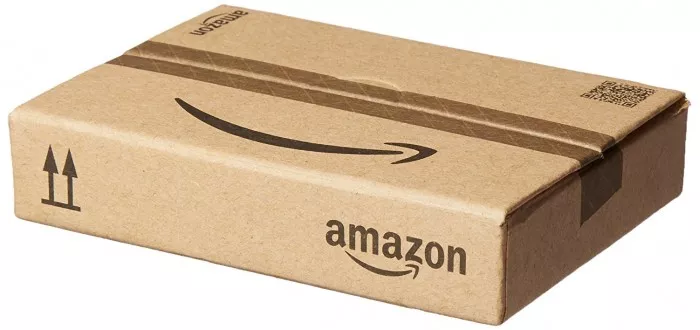Amazon recently said that according to its annual brand protection report released on Wednesday, it has increased its investment in 2021 to prevent counterfeit products from entering its retail website. In addition, they have also seen signs that its efforts are working. In 2021, the company invested more than $900million in anti-counterfeiting projects and employed more than 12000 employees to focus on this issue.

This is an increase over the previous year's $700million and 10000 people. At the same time, Amazon said that its automation system found and stopped fewer attempts by bad actors to open stores on the website in 2021. In addition, a measure showed that the average number of brands marked as involving fake goods became less.
Mary Beth Westmoreland, vice president of Amazon technology, said that Amazon's increasing capital and human investment is necessary. However, he also pointed out: "unfortunately, this shows that the problem of fake goods will not disappear. It is an industry wide problem."
The problem of fake goods has been puzzling e-commerce for many years. Online shopping makes it easy for customers to buy products from all over the world. It also enables small businesses to find global markets. But it also makes it easier for counterfeiters to sell fake goods to millions of people. As the largest e-commerce platform in the United States, Amazon faces criticism from consumer protection advocates and business groups because it exposes shoppers to potentially dangerous counterfeit products and damages the enterprise by providing a platform for fraudsters.
In addition to employing AI scientists to quickly identify fraudulent products and unscrupulous sellers, Amazon has also established communication channels with e-commerce giants and simplified tools for reporting problems by creating a brand registry. In addition, it has created a system to allow brands to suppress lists of products deemed to be counterfeit.
Amazon also sued its alleged sellers of counterfeit products. The company asked the court to order them to stop selling on Amazon.
American legislators have tried to solve the problem of fake goods through legislation, but Amazon doesn't think much of their efforts. The company supports the information act of the house of Representatives, as well as Etsy and eBay, which requires e-commerce platforms to verify the information of sellers on their websites. But it opposes the Senate version of the bill, which would create litigation risks if companies did not follow the list of best practices.
Mother, Amazon has deployed a version of seller verification, which requires face-to-face or video communication with the seller, and the seller must provide identity documents to open online sales stores in the United States, the United Kingdom, the European Union, Canada and Japan.